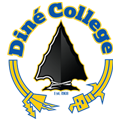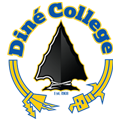Undergraduate Readying for Burgeoning Research for American Indian Neuroscientists Fellowship

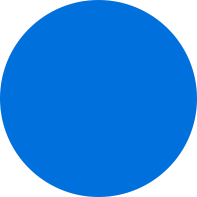
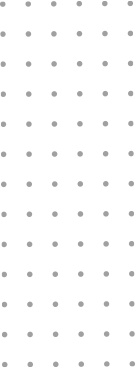
URBrain APPLICATION
https://bit.ly/URBRAIN_Application
Applications accepted on a rolling basis by: January – September
Eligibility
Eligible participants are: Full-time Diné College students. Preferably students in the B.S. / A.S. in Biology, B.A. in Psychology programs, but all degree seeking students are welcome to apply. Especially students interested in pursuing a graduate or professional degree.
Program Length
The fellowship is yearlong, starting August/September, ending the following September. However, students may be asked to participate in surveys, presentations and post program activities.
Financial Assistance
The URBRAIN fellowship offers:
- $3,000 yearlong stipend
- $3,350 summer research experience in Tucson at the University of Arizona
- up to $1,000 for travel to conferences
Application
Applicants must submit:
- Completed application form
- Statement of interest
- Resume/curriculum vitae
- Unofficial transcripts
- 2 references
Who We Are and Scope of Work
The Undergraduate Readying for Burgeoning Research for American Indian Neuroscientists (URBrain) is a culturally aware and community oriented collaborative partnership between Diné College, the University of Arizona Health Sciences Center for Innovation in Brain Science, the Biomedical Learning and Student Training program at the University of Alaska Fairbanks, and the National Institutes of Health. We are funded under the training grant R25-NS107185.
We seek to create a pipeline of students to advance from Diné College to graduate programs at top tier research universities. Most importantly, we seek to create a model of culturally grounded STEM education while bolstering NIH workforce and cultural diversity in the STEM field. We will implement this Native American STEM education curriculum through a series of aims.
1. Developing a cooperative training program between Diné College and the University of Arizona.
2. Building Diné College research capacity.
3. Creating best practices for re-establishing trust between the Diné and neuroscience community.
1st URBrain Summer Undergraduate Research Presentations
Welcome Address
Dr. Kathleen Rodgers &
Dr. Frederick Boyd
Allyssa Joe
Association between Hypothyroid Hormones Therapy and Attention Deficit Hyperactivity Disorder Outcomes
Wyatt Tohee
The effects of select Hormone Modulation Therapy drugs on Parkinson’s development
Angelene Yazzie
Investigation of Depression and Anxiety rates in patients diagnosed with Type-II Diabetes and the possible factors that influence these rates
